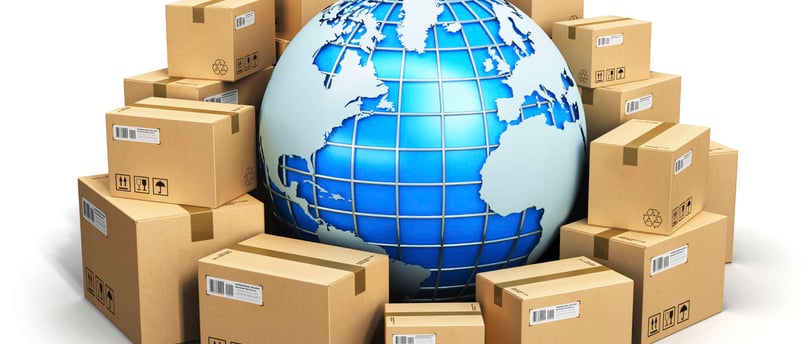StingrayLink: A Guide to International Shipping for Businesses
Keep it Simple. And accurate.
Omar Rebaza
1/11/20242 min read


In our interconnected global marketplace, businesses of all sizes are expanding their horizons and reaching customers across borders. One of the critical aspects of this global expansion is international shipping. While it offers immense opportunities, it also presents unique challenges. In this blog, we'll explore the key considerations and actionable tips for businesses venturing into the realm of international shipping.
Understanding the Basics:
Regulations and Compliance: Navigating the complex landscape of international shipping requires a deep understanding of regulations and compliance standards. From customs documentation to import/export restrictions, businesses must stay informed and ensure full compliance to avoid delays or penalties.
Shipping Costs and Pricing: International shipping involves various costs, including shipping fees, customs duties, taxes, and packaging expenses. It's crucial for businesses to factor these costs into their pricing strategies to maintain profitability while remaining competitive in the global market.
Essential Tips for Successful International Shipping:
Choose Reliable Partners: Selecting the right shipping carriers, freight forwarders, and customs brokers is paramount. Reliable partners can streamline the shipping process, provide real-time tracking, and offer solutions in case of unforeseen challenges.
Accurate Product Classification: Properly classifying products is crucial for smooth customs clearance. Businesses must accurately categorize their goods according to international trade codes to prevent delays and ensure adherence to import/export regulations.
Packaging Considerations: Robust and secure packaging is essential to protect products during transit. Consider the fragility, dimensions, and weight of items, and choose packaging materials that comply with international shipping standards.
Transparent and Timely Communication: Effective communication with customers is vital. Provide accurate shipping estimates, inform customers about potential delays or additional costs, and offer tracking services to enhance transparency and build trust.
Explore Shipping Insurance: Mitigate risks by exploring shipping insurance options. While carriers may offer basic coverage, businesses may consider additional insurance to protect against potential losses or damages during transit.
Utilize Technology Solutions: Leverage technology to streamline international shipping processes. Integrated shipping platforms, track-and-trace systems, and digital documentation tools can enhance efficiency and reduce manual errors.
Navigating Customs:
Complete and Accurate Documentation: Prepare thorough and accurate customs documentation, including commercial invoices, packing lists, and certificates of origin. Incomplete or inaccurate paperwork can lead to delays and additional costs.
Stay Informed About Tariffs and Taxes: Understand the tariffs and taxes applicable to your products in destination countries. Staying informed about tax regulations helps businesses anticipate costs and avoid surprises during customs clearance.
Embarking on the journey of international shipping opens up a world of opportunities for businesses. By mastering the intricacies of regulations, forming strategic partnerships, and embracing technology, businesses can not only navigate the challenges but also create a seamless and reliable international shipping experience. In doing so, they position themselves for success in the ever-expanding global marketplace.
